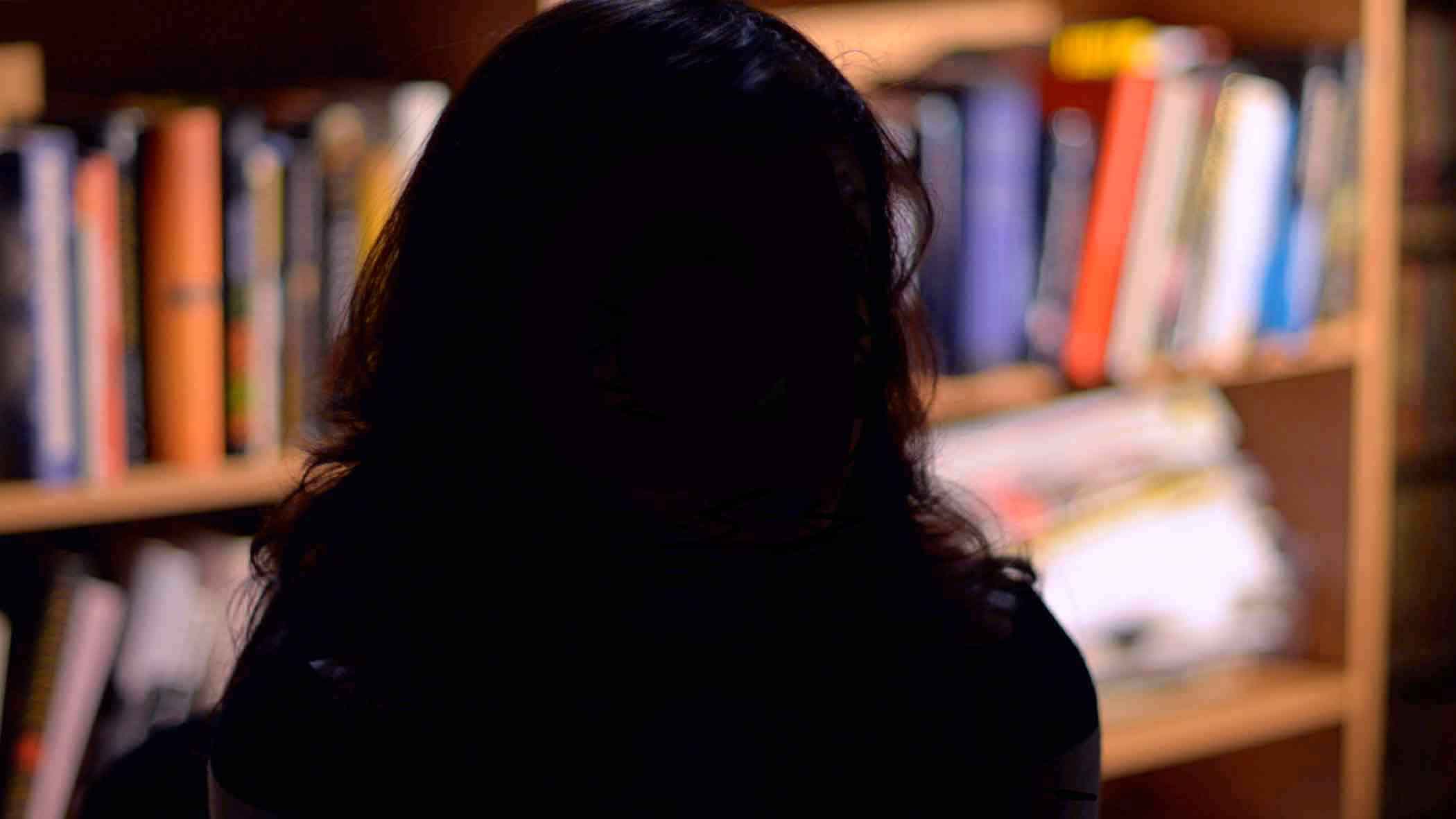
I was born as a Muslim in a Bengali family. My parents were quite religious when I was younger but they were cultural Sufis and weren't that strict back then. However as I grew older, around 14, my sister went to a university and became quite radicalised. Unfortunately, she brought this kind of radical Wahhabi version of Islam back from university into our home.
This influenced my parents and through that there was a lot of influence on me; indeed there was coercion too. I remember that my sister told me that “if you don’t wear the headscarf you’re a coward.” As a 14-year-old girl I looked up to my sister and I still believed in a God, so I felt guilty for not being more religious. This had a massive impact on me and that was the beginning of me becoming religious.
I started with a headscarf. Begrudgingly at first, but then as the months went by I felt like I have this identity now so I have to embrace it – like if you can’t beat them, you join them. So I tried to immerse myself in religion. Until I was 20 I was completely religious – six years of my life – my youth, was given over to religion.
I strived to please God, and there are different strands within Islam which offer different things. I sought out whichever I thought was the purest form. It started just being spiritual but then it became more political. But I wasn't settled, I battled with my religious thoughts and eventually sought out a different sect in Islam, mainly because I thought that that kind of spiritual teaching was closer to me. But after doing that for a couple of years it fizzled out.
It was a slow transformation.
One of the crucial points was when I was with someone that I wanted to marry, who was a Muslim convert. While we were together we used to talk a lot about Islam and I think the discussions with him, especially from his convert perspective, made me think more about the intricacies of Islam. I would never have discussed Ayesha and Mohammed with anyone else, it just doesn't happen among Muslims, but because he was new to it I would discuss it with him so I would think about those things. That was the trigger point. I kept on thinking about the things that didn't make sense to me in Islam, and also around that time I went through a difficult phase in my life with my parents and I felt unhappy. I felt I'm always trying to please God, so why is God not making my life better?
I was angry with God and that’s when I stopped wearing the hijab. My parents didn't know, I had to hide it from them, but every time I’d go out, I’d take it off.
Around that time I started to look online to answer the many questions I had, to refute my doubts. But the more I researched, the more my doubts were reinforced. The more questions I asked, and the more answers I received, the more apparent it was to me that Islam wasn't what I thought it was. I researched things that had always bothered me about inheritance, the rights of women, the hijab, men marrying not just four women, but having anyone that the right hand possesses.
Eventually I just thought “I can’t continue my life like this, I don’t believe in it.” Now, I consider myself an atheist, but I am in the closet because I'm an ex-Muslim and you cannot leave Islam. There could be major repercussions, other Muslims will disown me, they will ostracise me, they’ll ostracise my parents, make them outcasts.
I would love to come out as an atheist and I hope I will do. I left Islam when I was 20, I'm 27 now, I've made a journey of seven years and I'm more ready to come out but I still need more support, and I think if there was some kind of support it would be easier.
The benefit for me is that I can live my life freely, there is no dogma, there is no doctrine, dictating what I should do and what I shouldn't. I create my own morals. I try to live to the best of my abilities, as a good person, treat people well. For me, being an atheist means having a life without being controlled by a higher being, organised religion, or a family who are hell-bent on trying to control your life according to this religion that they believe in.
As told to Alom Shaha

